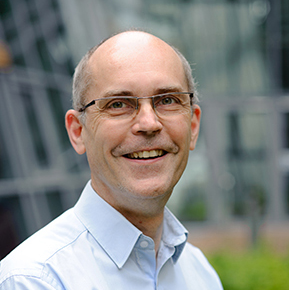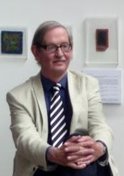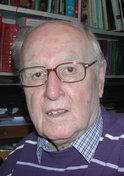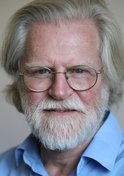- Fellow type
- UK Fellow
- Year elected
- 2014
- Sections
- Archaeology
Matthew Collins was previously Professor of Archaeology at the University of York. He is the founder of BioArCh, a joint initiative between the Departments of Biology, Chemistry and Archaeology to further the use of biomolecular methods to tackle archaeological problems. His research focuses on the persistence of proteins in ancient samples, using modelling to explore the racemization of amino acids and thermal history to predict the survival of DNA and other molecules. In particular he is interested in developing technological solutions of direct practical application in the humanities. Using a combination of approaches (including immunology and protein mass spectrometry) his research detects and interprets protein remnants in archaeological and fossil remains. This includes using peptide fingerprinting to identify animal species in bones, manuscripts and other tissues, using protein mass spectroscopy to explore proteomes in ancient tissues, and to recovery dietary signals, and protein degradation as a tool to estimate the age of samples.



